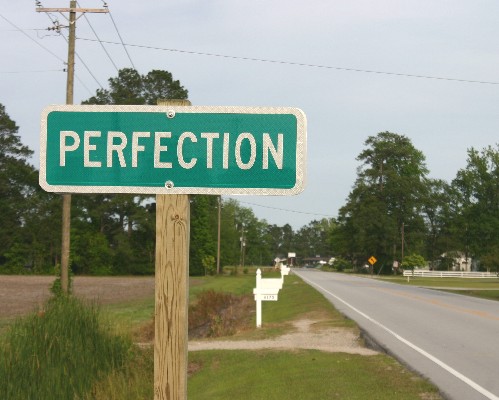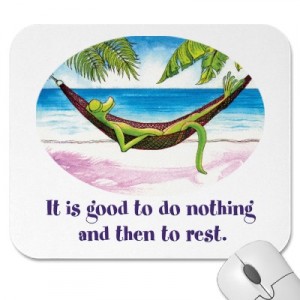
Know what you want
Have a plan and a success coach
Take consistent action
Review your progress and renew your goals
2. Brainstorm some ideas of how to reach your goal. They do not have to make sense to you right now and you do not have to think of the perfect plan now. Come up with many different ways that you believe you could solve the problem. If you cannot think of any, talk to your supporters for their ideas and then get them written down. Now it is time to select a solution. You may want to have a ‘success coach’ as you weigh your different options and to help you stay on track. Pick one that you believe will help you reach your goal and that you are comfortable with.
3. Commit to working your plan and take consistent action. Persevere and do not give up. If you have a ‘success coach’ they can help guide you and keep you on the path you have chosen.
4. Review your progress. Is what you are trying working or not working? Do you need to tweak a part of it or try something new altogether? Has something changed for you, are the circumstances or end results the same as when you started on this path? Regularly checking in and then renewing and sometimes revising your goals will keep you feeling like you are in control of your life and the decisions being made that effect you.
Making decisions and choices about your life is a key part of reducing stress. In our next series of article we will discuss how to make the best decisions possible so that you stay on the path that will make you feel the best and result in the success you want out of your life.







